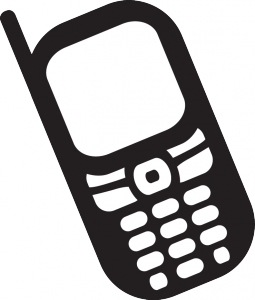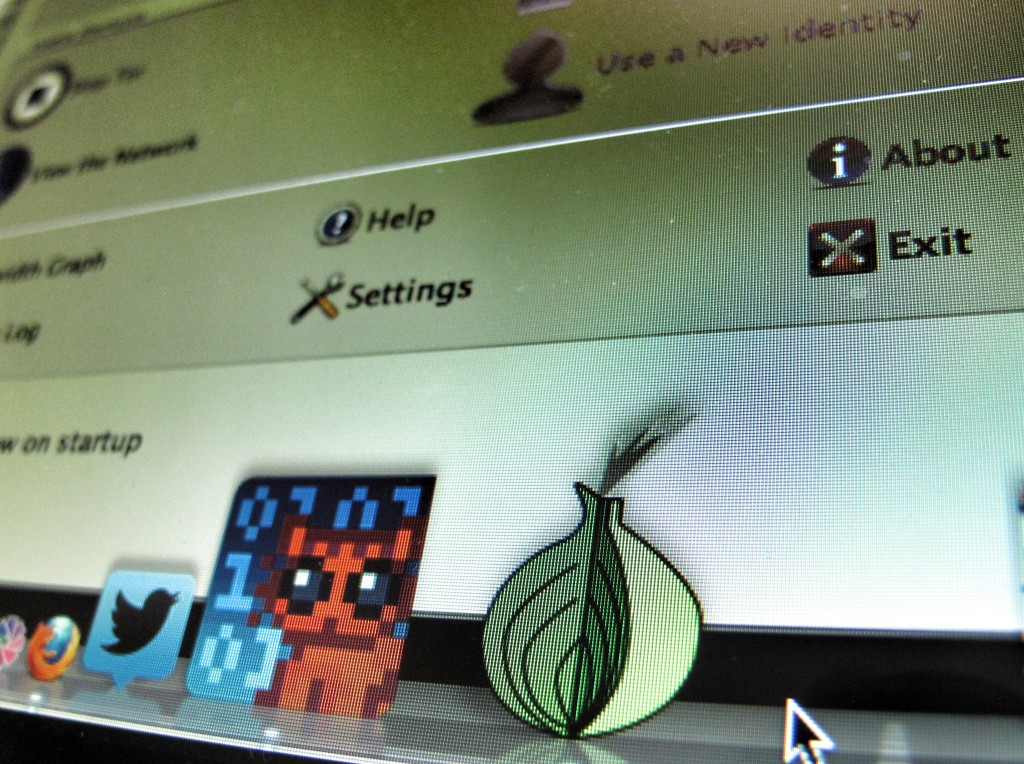Search Results for Tag: privacy
Yet again, studies show how revealing phone data is

Icon by Anubisza
Many governments agencies around the world collect communications data as a matter of course. In the past, governments have downplayed privacy concerns around this data collection by emphasizing that they don’t collect the actual content of communications but rather so-called “metadata” – that is, the number called, what time the call was made, how long the call was and where the call was made from. A number of recent studies have demonstrated, yet again, that this metadata can be incredibly revealing.
And this is where journalists need to pay attention because if they want to keep a story they’re investigating under wraps or protect contacts, they need to understand how their metadata can be used to discover their activities and movements.
![]() read more
read more
The risks of using Skype, Facebook, WhatsApp and Co.

Graphic: flickr/mmapstone
Most reporters use a whole bunch of different online tools and apps such as Skype, WhatsApp, Facebook, Gmail, Tumblr, Blogger, WordPress and Dropbox to make their work easier. To commemorate this year’s Safer Internet Day, onMedia highlights a few risks associated with some of the most popular journalism tools and suggests possible, more secure alternatives.
![]() read more
read more
Staying safer online – our best of digital safety list

Photo: flickr/CyberHades
DW Akademie devoted the whole of the week December 2- December 6, 2013 to the issue of Digital Safety for Journalists. As well as live online sessions on the topic, we also tackled issues on our digital safety blog important to reporters who want to or need to keep their activities away from prying eyes. Here is a list of some of the posts that can put you on the road to a more secure digital life.
![]() read more
read more
Hiding your online identity: Trialing Tor in Cambodia

Photo: flickr/WarzauWynn
All of this week, DW Akademie is exploring the topic of digital safety for journalists in a free open online workshop with live panel discussions and online sessions. Follow this link to participate in the live sessions from December 2 to 6. There you’ll also find more digital security posts like this one by journalist Kyle James, who takes the anonymous surfing tool Tor on a test drive in Cambodia.
Keeping your identity anonymous on the Internet can have major advantages. If you’re a political activist living in a country with a repressive regime, disguising your Internet identity might just keep you out of jail, and alive. Alternatively, if you’re a reporter working on a story your government doesn’t approve of, surfing anonymously can help you bypass your country’s censorship or filters.
One of the best known and easy-to-use systems for doing this is Tor. But Tor has some disadvantages – many complain it slows down their surfing. So what happens when you use it somewhere like Cambodia that already has slow internet?
![]() read more
read more
Data journalism’s social future

Twelve renowned journalists from Latin America and Germany are coming together to explore the future of data journalism. Under the motto “Public Data Goes Social”, the journalists and open data experts will meet for three days in Buenos Aires to discuss the most burning issues in the booming field of data journalism.
The talks are part of a Media Dialogue organized by DW Akademie and supported by Germany’s Federal Foreign Office. You can follow the event, which runs from 13-15 November, on Twitter via @dw akademie and the hashtag #mdba.
There is a thriving community of data journalists in Germany and Latin America and the two regions are building a reputation for innovations in the field. Read more for a short introduction to the Media Dialogue participants.
![]() read more
read more
Online security: How to surf anonymously

Set Tor up correctly and the little green onion is a sign you are on the way to surfing anonymously. (Photo: Guy Degen)
Whether you are doing investigative journalism, communicating with a trusted source or traveling to a country where authorities are known for electronic eavesdropping, online security is increasingly becoming a must-know skill for journalists.
Jens Kubieziel is security expert and author of the book Anonym im Netz (Anonymous on the web) which offers useful advice for keeping secure on the web, the must-have tools to anonymously surf the web and how proxies can protect your privacy.
DW Akademie’s Natalia Karbasova asked Kubiezel how journalists can surf the web safely, and when necessary, anonymously.
![]() read more
read more




Feedback